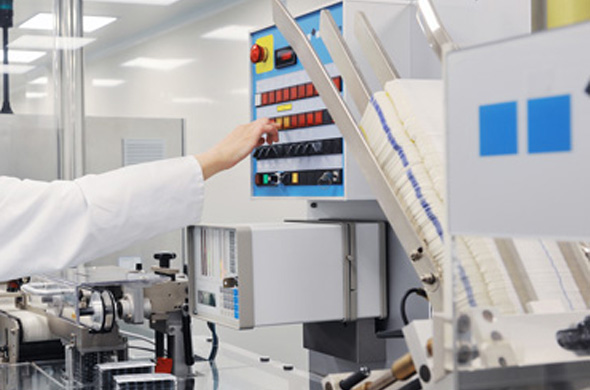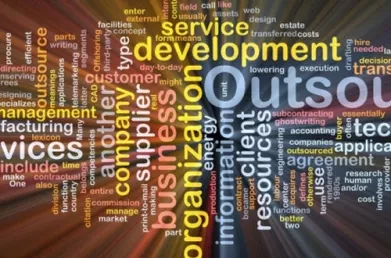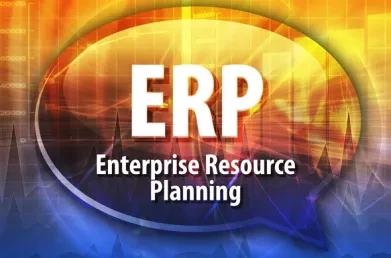ERP in Medical Device Manufacturing
At first glance the world of medical device manufacturing may not seem much different from any other type of manufacturing: new products are researched and developed, materials are sourced, and the product is manufactured and sold, just like every other manufacturer. Companies have been doing this for donkey’s years so what’s the big deal? On closer inspection however it emerges that medical device manufacturers have lots of complex characteristics that are challenging for ERP solutions. Here are a few of the challenges facing medical device manufacturers that we’ve encountered recently:

Managing R&D and New Product Development
Most medical device manufacturers (MDMs) will have an R&D team working on new products and technologies. The task of managing and monitoring this effort, tracking who’s working on each project and ensuring that time and cost is accounted for is usually done on spreadsheets in smaller organisations. As the organisation grows this activity becomes more and more difficult to manage. Partnering with other organisations, billing for technical services and claiming grant aid or tax incentives also add to the complexity involved in managing this activity.
Using sub-contract manufacturing and outsourced services
The use of sub-contract manufacturing and specialist outsourced service providers is very common in the medical device industry, utilising their expert knowledge and scale to deliver specific outsourced services. While there are all sorts of good reasons for taking this approach it also creates challenges, and headaches, for procurement, supply chain planning and finance teams.
Manufacturing and Quality challenges
While some MDMs have relatively simple discrete manufacturing processes, others have very complex multi-stage processes with characteristics more typically associated with process manufacturing. Challenges can also emerge in managing and planning assemble-to-order environments with variations by market and geography. Businesses will generally look for ERP systems to provide a wide range of functionality, such as management of scrap and yields, integrated labelling, interfaces with shop floor systems, integrated quality control and the ability to manage product releases.
Managing a global sales force selling via multiple sales channels
For some manufacturers there may be options to sell via multiple sales channels, depending on the nature of the medical devices being produced. Sales could be via a direct channel to physicians or hospitals, direct to OEMs or by using a distributor network. Each channel will have its own characteristics in terms of pipeline management and will often have completely different processes when it comes to order fulfilment.
The medical device market is global and many businesses will have global sales teams. These users may be better served by CRM and/or Business Intelligence tools rather than ERP, introducing a level of complexity to the business systems landscape that should be carefully considered.
Regulatory challenges
Finally, compliance with the demands of regulators is a constant for MDMs and product traceability has always been an important consideration. ERP systems need to support compliance with regulations such as 21 CFR Part 11 for electronic records and signatures. New rules emerge, such as the FDA’s Unique Device Identifier (UDI) regulations, raising the bar for everyone in the industry.
Computer systems validation will generally be required and companies implementing ERP need to be ready for the associated effort and cost regardless of the ERP system being implemented.
This blog was written by John Donagher, Principal Consultant at Lumenia. For further information on Lumenia or any other aspect of ERP please send an email to John Donagher.


